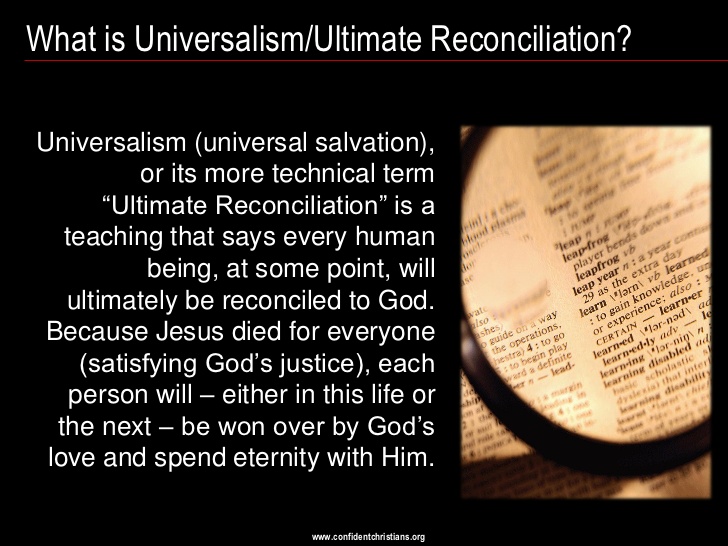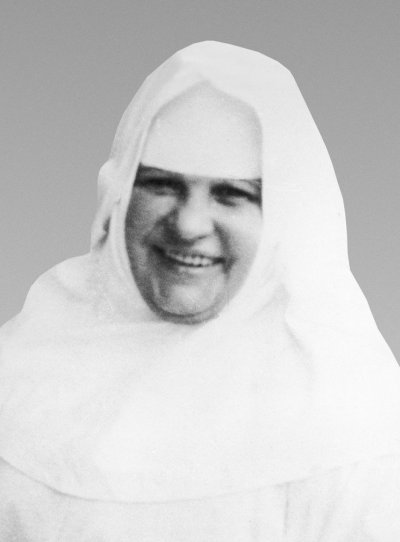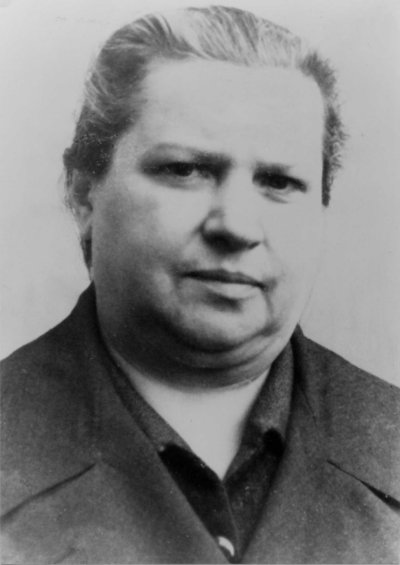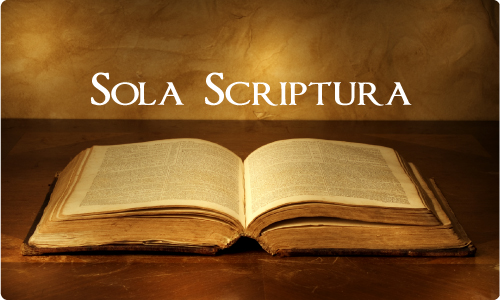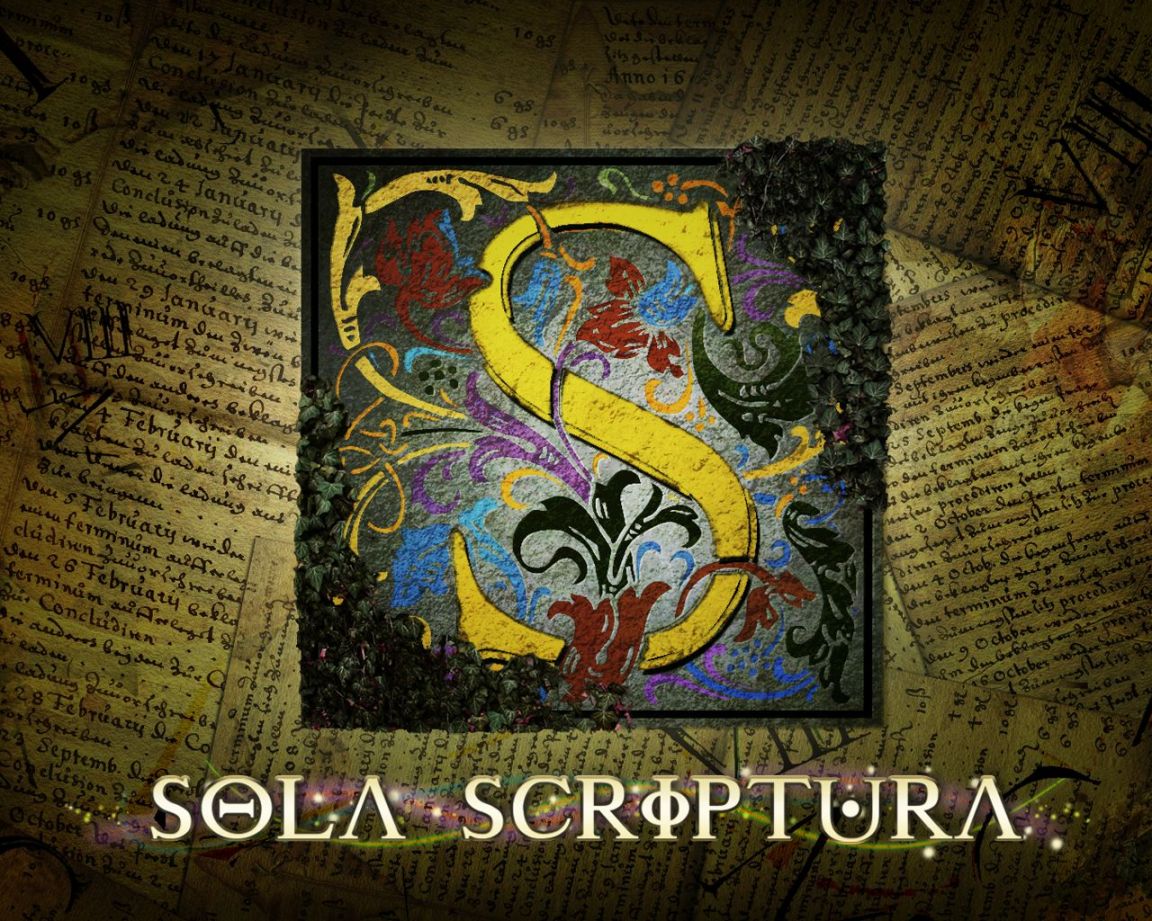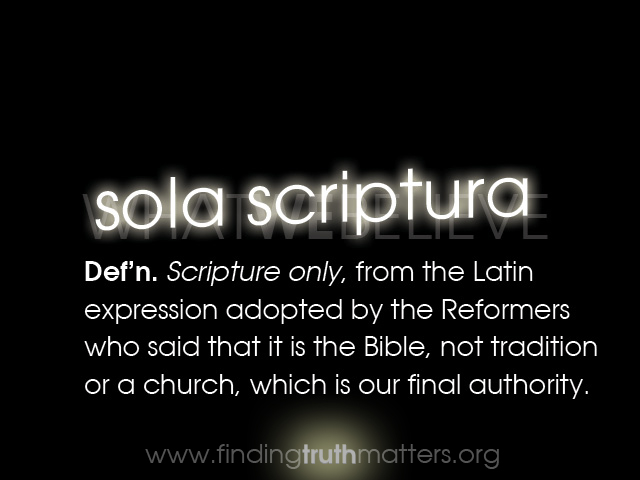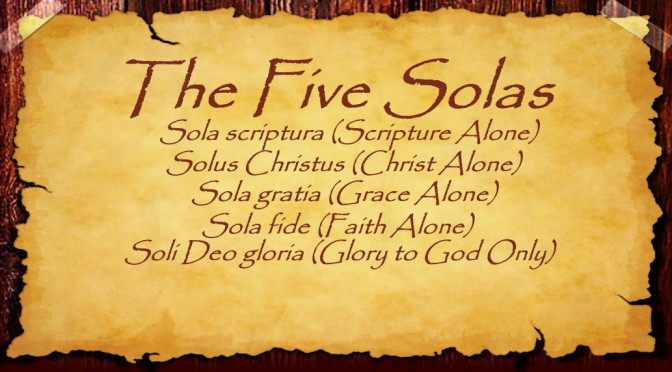(Ed. a great obstacle to all in properly understanding, and therefore properly having an INFORMED opinion of Catholic teaching or doctrine, is understanding the degree to which any given teaching is authoritative, the highest being a Church council of bishops, issuing documents to clarify or define teaching, which must be approved by the Pope, or no dice; think Vatican II, and then re-read your history of Christianity, and for two thousand years this has been so, back to the question regarding circumcision of Gentiles and Peter and Paul’s disagreement.
Christ DID NOT promise there would never be disagreement, or scandal, or controversy. In fact, He told us there would be these things, but NOT to fear! Because of what He would promise and do for us. He endured these negatives while still here on earth. He did promise His peace, to be with the Church always, and to send the Paraclete to protect His Church He founded from error. He even gave to its leader the keys to the Kingdom of Heaven. He gave its bishops the authority to loose and to bind, and that the gates of Hell would NEVER prevail against His Church!
Clerics and religious are human. They sin, just like the rest of us. They get it wrong and have bad days. Do the wrong thing for what they misunderstand or just get plain wrong, what they want to be right or justifiable reasons. They become afraid. They doubt, they grow tired and old. They question what they have devoted their lives towards, just like the rest of us.
But, thanks be to God, very, very literally, our faith is not about clerics or religious, or Church structures, or politics, or nastiness, or even sin. It is about the God-man, Who is perfect!!! Who is worthy of all praise and adoration. Who DID save us from the fires of Hell!!! Praise Him, Church!!! Praise Him!!! Turn away from sin. Turn to Jesus, and LIVE!!! He is all perfect, all calming, all soothing, all righteousness, all contenting. He IS God, ALL sufficing, loving, and supreme. Praise Him. Praise Him, Church. Rest in His peace, which He promised, and which He gives, which the world neither understands or could fantastically imagine providing, in truth and reality. Amen. Amen. Amen.
Please understand, I have not found the app which clearly and completely defines the authoritative degree of any given chapter number in the Catechism (CCC) in an attractive GUI & easy to understand definitions of each degree of authority, but there’s an idea app-innovators!!!! AND, there are opinions, and politics!!! Human fallen nature makes it SO EASY!! Not.) 🙁
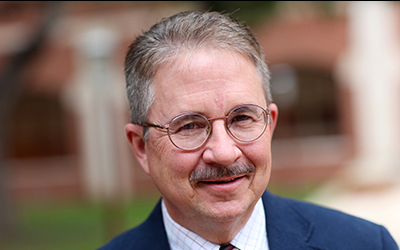
-by Roger E. Olson
“I have called universalism “the most attractive heresy.” For a lover of God’s love, universal salvation might seem to be necessary. (I guarantee you that some neo-fundamentalist will take that sentence out of context and attribute it to me without acknowledging what follows.)
However, I’m not a universalist. On the other hand, I’d rather be a universalist than a true Calvinist (i.e., a five point Calvinist who believes in double predestination).
Someone once asked me whether I would still worship God if somehow I became convinced the Calvinist view of God is correct. I had to say no. Sheer power is not worthy of worship. Only power controlled by love is worthy of worship.
If somehow I became convinced that universalism is correct, would I still worship God. Yes, but….
I would have to wonder how a God of love can enjoy love from creatures that is not given freely. Of course, someone might argue that, in the end, every creature will freely offer love to God and be saved (e.g., Moltmann). I would just call that optimism. There’s no way to believe that true other than a leap of optimistic hope.
Everyone harbors some heresy in his or her heart and mind. The only question is–how serious are the heresies one holds? Of course, nobody thinks they harbor any heresies (in the sense of theologically incorrect beliefs).
I agree with Swiss theologian Emil Brunner (and others) that universalism is heresy. It is unbiblical and illogical. However, that does not mean a person who holds it is not a Christian. I have never met a Christian who was one hundred percent theologically correct. Scratch hard enough and you’ll always find some heresy beneath the surface (if not on the surface). That’s true for me as much as for anyone else. If I thought I held no heresies, I’d think I had already arrived at the fullness of truth–something even the apostle Paul did not claim.
I think universalism is a minor heresy SO LONG AS it does not interfere with evangelism. (See my earlier post here about why universalism should NOT interfere with evangelism.) I also evaluate the seriousness of universalism by its context–viz., why does the person affirm it? If universalism is evidence of a denial of God’s wrath and/or human sinfulness, then it is much more serious. Barth’s universalism (yes, I believe Karl Barth was a universalist and I’ll post a message here about why later) did not arise out of those denials which is why he didn’t like the appellation “universalist.” The term is usually associated with liberal theology. In that case, as part of an overall liberal/modernist theology, I consider it very serious indeed.
Strictly historically speaking, any universalism is heresy–according to all major branches of Christianity. The Catholic church allows hope for universal salvation but not confident affirmation of it. But, of course, as Luther demonstrated, all branches of Christianity can be wrong. That is why I reject paleo-orthodoxy and any appeal to absolute authority of tradition. Tradition gets a vote but never a veto. The Bible trumps tradition. (Ed. Mr. Olson is NOT rejecting Tradition here. He is insisting, as is correct, that you cannot have either/or, ever. You MUST have and/both. Which is correct, and required.)
When universalism is believed on biblical grounds (as in The Evangelical Universalist by Gregory McDonald–a pseudonym), it is much less serious than when it is believed as part of a liberal theology that denies the wrath of God and the sinfulness of all human beings (except Jesus Christ, of course).
(Sidebar regarding neo-fundamentalism: A neo-fundamentalism is someone who will take what I have written here and claim I have affirmed universalism or at least given aid and comfort to heretics. A neo-fundamentalist, like a straightforward fundamentalist, is a person who cannot distinguish between non-absolute condemnation of error and error itself. Count on it. Some probably Southern Baptist heresy-hunting neo-fundamentalist will pick up on this blog post and spread it around as “proof” that Roger Olson harbors sympathies with universalism. That is, however, evidence of either a weak mind or ill will.)
So, what is my final word on universalism? I don’t have a “final word” on it because “it” is not all that clear. What kind of universalism? Based on what? I consider all positive affirmations of universal salvation that include denial of everlasting hell heretical. But not all are equally bad or condemnable. Some are based on confusion. Some are based on liberal theology. Some (e.g., Karl Barth’s) are based on the logic of God’s love and electing grace (viz., “Jesus is victor!”). All are wrong, but not all are equally bad.
Let me be clear. (This is necessary because of the power of neo-fundamentalists within evangelicalism today!) I am not a universalist nor do I sympathize with universalism. I am simply trying to get people to consider the possibility that not all versions of universalism are on the same level of error. There is egregious error and there is simple error. One kind of universalism (based on denial of God’s wrath and human sinfulness) is egregious error. Another kind (based on confusion about God’s love requiring his overriding free will) is simple error. I hope I don’t hold any egregious errors, but I’m sure I hold some simple errors. I am open to having those pointed out to me.”
Love & His mercy,
Matthew

